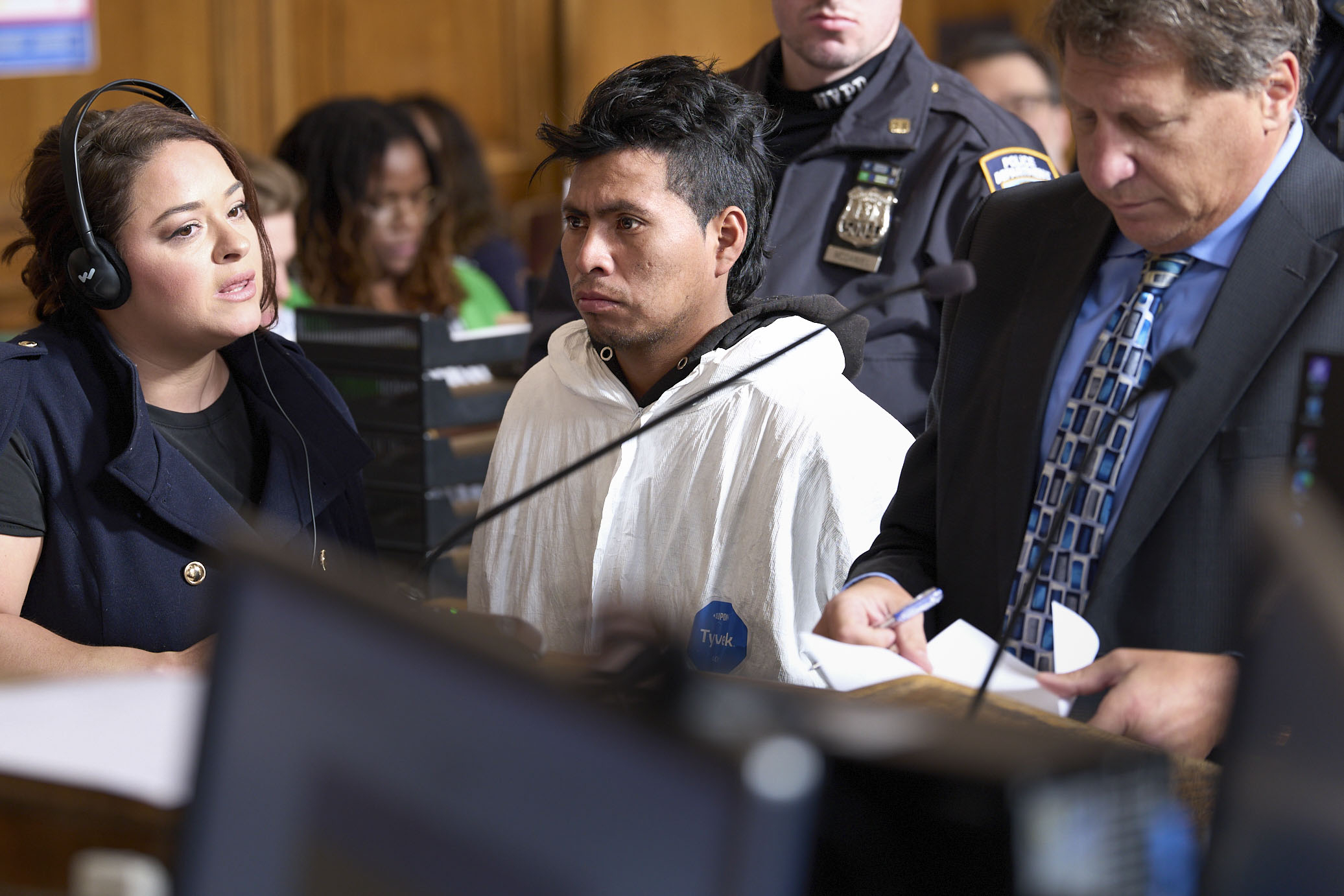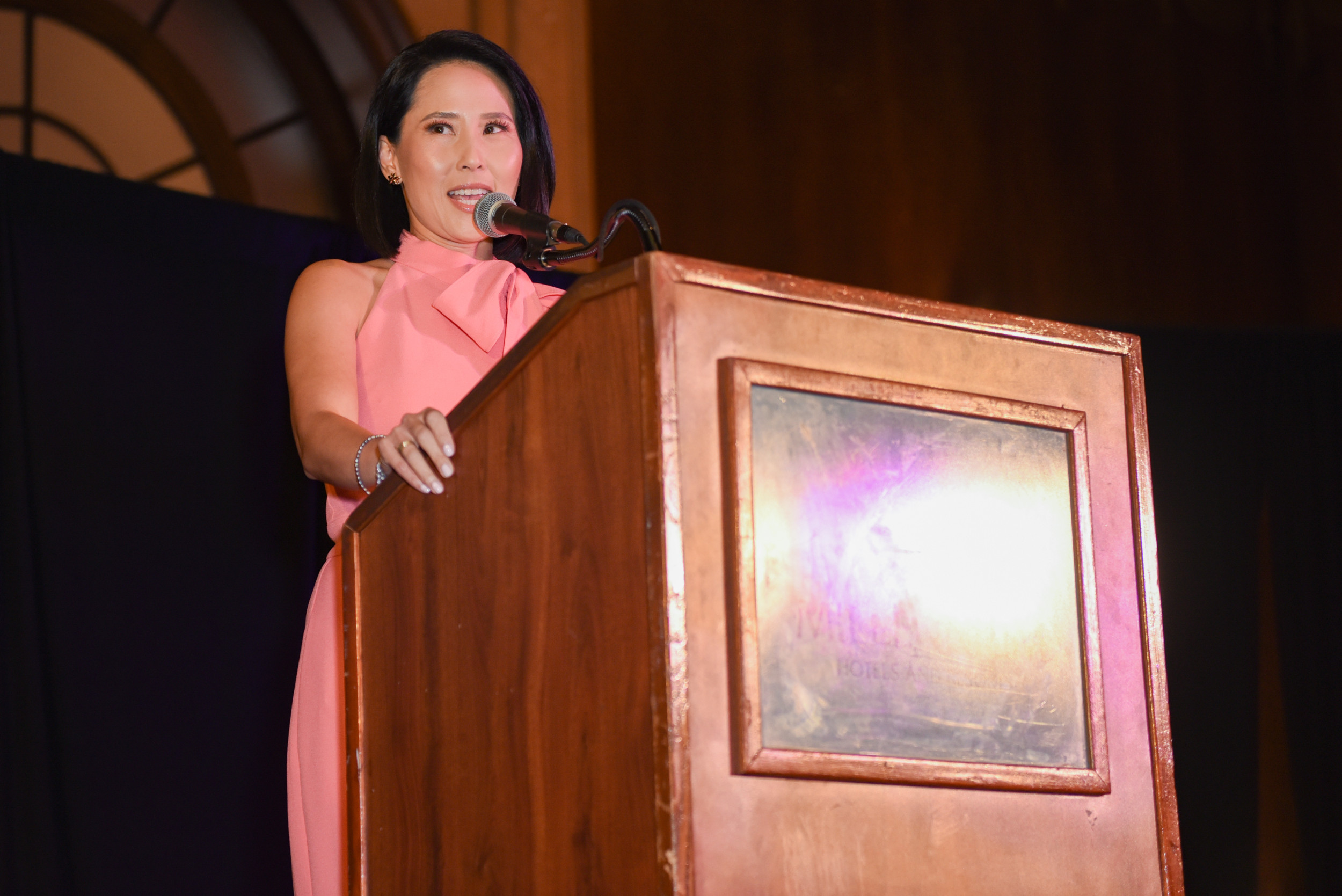A Goodreads profile belonging to Luigi Mangione, the suspect arrested in the UnitedHealthcare CEO shooting, reviewed approvingly the notorious radical manifesto belonging to the "Unabomber" Ted Kaczynski.
Kaczynski killed three people and injured a further 23 in a spate of ideologically-motivated bombings from the 1970s to the 1990s until he was eventually caught. He died in prison in 2023 aged 81.
His manifesto has long been popular among extreme fringes, but gained renewed attention online in recent years, especially among younger generations since his death.
If a link is proven, Mangione's case would not be the first with a connection to Kaczynski's ideas.
For example, the Norweigan far-right terrorist Anders Behring Breivik who killed 93 people in a politically-motived attack on a left-wing youth group plagiarized the Unabomber's manifesto in his own writings.
So, is the Unabomber's manifesto too dangerous to exist freely? Should it face restrictions, perhaps even a ban in the U.S. because of its potential to inspire extremists? Or does the First Amendment trump these concerns?
Newsweek asked a range of activists, academics, and commentators for their views on a ban. Here's that they said.

Patrick R. Riccards, Executive Director & CEO, Life After Hate
When it comes to hateful ideology, we have to acknowledge one's right to believe what they want to believe and say what they want to say.
Banning content doesn't lead to deradicalization. If anything, it can drive individuals deeper into their hate.
In recent years, Amazon banned the sale of the Turner Diaries, as it is a blueprint for violent white supremacy. That boom is more celebrated today by extremists than it ever was.
When we tell children they can't do something, it often leads them to want to do it immediately. When we ban content, it does the same, the Unabomber manifesto, the Tops grocery store shooter manifesto, the Turner Diaries, it doesn't matter the extremist ideology. All require sunshine and truth to combat it.
Bans simply elevate it and its power.
David Keating, President, Institute for Free Speech
No, we shouldn't because it's a bad idea, and we can't because it would violate the First Amendment.
Attempting to ban the tract would ensure more read it because of the Streisand effect. Actress Barbra Streisand's attorneys tried to censor a photo of her mansion, which caused unprecedented attention to it instead.
And the command of the First Amendment is clear: the government can't ban publications except in narrow circumstances that don't apply to the Unabomber's manifesto.
I also note that the publication of the manifesto in The Washington Post led to Ted Kaczynski's brother providing information that broke the nearly 20-year-old case.
Joshua Fisher-Birch, Researcher, Counter Extremism Project
No entity in the U.S. has the authority to ban the "Unabomber Manifesto," otherwise known as "Industrial Society and Its Future."
ISAIF has been popular with a variety of different movements, including neo-Nazi accelerationists, ecofascists, and different anti-technology entities.
Neo-Nazi accelerationists and ecofascists, in particular, have spread the document and celebrated Kaczynski's bombing campaign.
The administrators of several neo-Nazi Telegram channels posted on December 10 their approval that the suspect in the killing of Brian Thompson had read ISAIF.
Aaron Terr, Director of Public Advocacy, Foundation for Individual Rights and Expression (FIRE)
The First Amendment prohibits the government from suppressing ideas it thinks are too dangerous. Banning distribution or possession of the Unabomber Manifesto would violate the First Amendment and set an incredibly dangerous precedent.
As former Supreme Court Justice Oliver Wendell Holmes said, every idea is an incitement.
If speech could lose constitutional protection simply because it might inspire harmful action, every novel, political essay, and scientific theory would be vulnerable to censorship.
Amy Cooter, Director of Research, Academic Development, and Innovation (RADI), Center on Terrorism, Extremism, and Counterterrorism, Middlebury Institute
The Unabomber manifesto is already out in the world in such a way that it would be incredibly difficult to "ban" it.
We've also traditionally seen such things as protected, to some extent, under the First Amendment, and there seems to be little political will to reevaluate that position as long as very direct incitements to violence are not present.
However, law enforcement have moved with more recent incidents to trying to prevent manifestos from being spread publicly and thus inspiring other actors—generally a good move so long as researchers who are best equipped to help evaluate the nuance etc in those documents are not cut out of the loop.




















 English (US) ·
English (US) ·